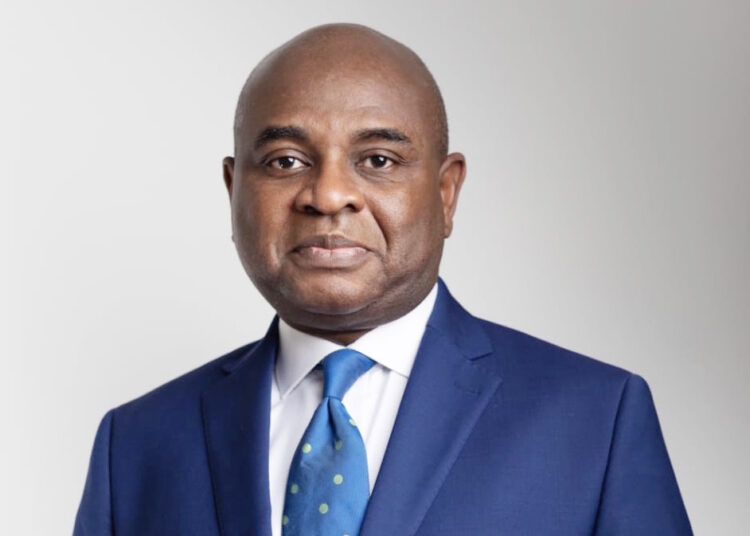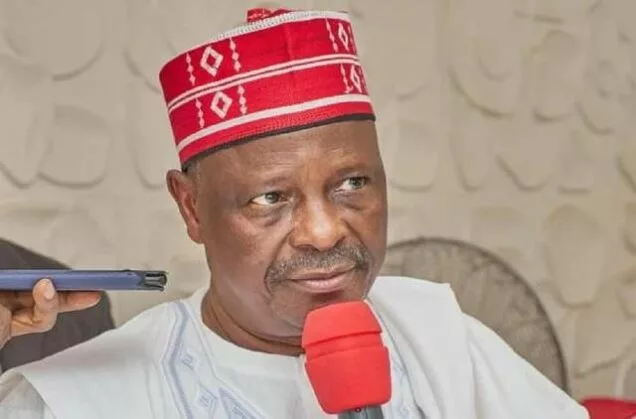A former presidential candidate, Prof Kingsley Moghalu, has said though Africa is plagued by multiple challenges, the biggest problem remains lack of competent governance.
The political economist who stated this during the conferment of the 2024 Chartered Institute of Directors(CIoD) Nigeria Good Governance Award in Lagos fingered governance and leadership crisis as the primary factors behind Nigeria and to a larger extent Africa’s distressed economy.
The former Central Bank deputy governor who was an awardee and chairman of the occasion said, ‘’You see, in Africa, we tend to think our problem is we don’t have money. We need investors, and we go around the world looking for investors. We are indebted. We need debt relief. We need foreign aid.
The biggest problem the African continent faces, and that also includes our dear country, Nigeria, is the absence of good and competent governance.
‘’That country or a continent that was well governed, the way it should be, with purpose-driven leadership that is thinking about improving lives of the citizens and the people, about taking people from poverty into the middle class, about taking people from being mid-range to being globally.
‘’We would not be in the situation in which we are today. The private sector in Nigeria is bleeding, bleeding massively, and if the private sector is bleeding, you can imagine the condition of Nigerians who are not corporate citizens, just ordinary. We need to emphasize the importance of governance in the public sector, because without good governance and competent governance in the private, in the public sector, the private sector will not be able to create wealth in the manner in which it should. It will not be able to create prosperity. It will not be able to create the wealth of nations, rather than the wealth of individuals.
‘’Good governance means transparency. Good governance means efficiency. Good governance means effectiveness. Good governance means inclusiveness.’’
The president, African School of Governance , Kigali , Rwanda, added that in Nigeria and in many African countries people wonder why the continent is poor or is lagging behind.
‘’We say Nigeria is the richest potentially, yes, potentially, yes. No doubt about it. Nigeria has the brightest black people on the face of the earth. We have a huge population, but how productive is our population? We always leave the substance and chase the shadow. We are 220 million people. How many million people are in Switzerland? Not more than 10.
‘’Everybody in Nigeria and their uncles are always talking about politics. But politics without governance is a merry-go-round of poverty. Politics without governance is a merry-go-round of insecurity. It is the governance that brings transformation.
‘’How many public sector corporations can we go to and see the principles of corporate governance being followed? No. But most public sector corporations in Nigeria have become bottomless pits for the gratification of partisan political associates. It doesn’t matter the party.
‘’It doesn’t matter whether it’s federal or state. This is what is going on. And that’s why the country is not being governed. You have public sector corporations, but there is no corporate governance in those corporations. How can they deliver?’’ he fumed.
Earlier, the president and chairman, Governing Council of the institute, Alhaji Tijjani Borodo, said the annual directors dinner was an important occasion to the institute, saying it was not just because it runs off its annual activities, but because it is the occasion for celebrating achievers and recognizing the invaluable contributions of individuals and organizations that have modeled ethical leadership and high standards of corporate governance practices in the country.
He said, ‘’But this year’s edition of Annual Directors Dinner is particularly unique in that in addition to the annual awards for excellence in various categories, there will also be appreciation awards for many leaders in the Charter Institute of Directors who have served the institute materially over the past years or even decades. In this category, we have seven past presidents and 16 executive committee chairmen of the institute who will be stepping down as members of the governing council and executive committee.’’
Borodo added, ‘’As we celebrate tonight, let us not forget the significance of our roles as directors and leaders. We have a responsibility to lead with integrity, vision, and courage. And we have a responsibility to make a positive impact on our organizations, our communities, our society, and the country at large.’’





